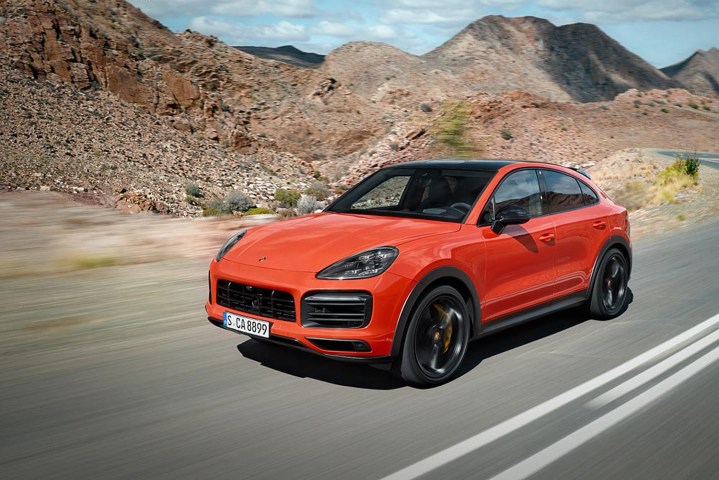
Porsche’s app-based, Netflix-like subscription service is slowly exiting the pilot project phase. Starting in August, the service is available in three additional American cities and one in Canada.
The Porsche Passport program launched in Atlanta, where the company’s American headquarters are located, in 2017. It’s now also available in Las Vegas, Phoenix, San Diego, and Toronto. Executives chose these cities based on their previous support of the brand, according to Automotive News, and because they’re promising markets. The service isn’t envisioned as a way to make a ton of money; it’s primarily a new avenue the automaker can take to reach additional customers, including younger buyers, and motorists who have never owned a Porsche before.
While Care by Volvo is closer to an all-inclusive lease, Porsche Passport is Netflix-like in the sense that motorists pay a flat monthly fee for access to a fleet of cars they can get in and out of. There are two tiers to choose from called Launch and Accelerate, respectively. The first gives members access to the Cayman, Cayman S, Boxster, Boxster S, Macan, Macan S, Cayenne and Panamera models. The second includes all of the aforementioned nameplates plus the 911, 911 S, 911 4S, 911 Cabriolet, 911 S Cabriolet, Panamera 4S, Macan GTS, Cayman GTS, Boxster GTS, and Cayenne S. The electric Taycan will join Porsche Passport after it begins rolling into showrooms, Automotive News learned.
Subscribers need to pay a one-time, $595 enrollment fee regardless of which tier they select. Launch costs $2,100 per month before tax, while Accelerate is priced at $3,100 per month — both are $100 more expensive now that they’re in more cities. The aforementioned figures include a 2,000-mile monthly allowance that rolls over to the following month if it’s not used, unlimited car swaps, insurance, and maintenance, but motorists need to pay for their own fuel.
Porsche Passport is more expensive than leasing, even with the perks, but the company pointed out it didn’t design the program as a lease alternative. Instead, it’s for motorists who have the means and the desire to pay more for an unprecedented amount of freedom. They can commute to work in a Panamera during the week, swap into a 911 on Saturday, and get a Cayenne for their family on Sunday without the burden of owning (and insuring) three cars.



